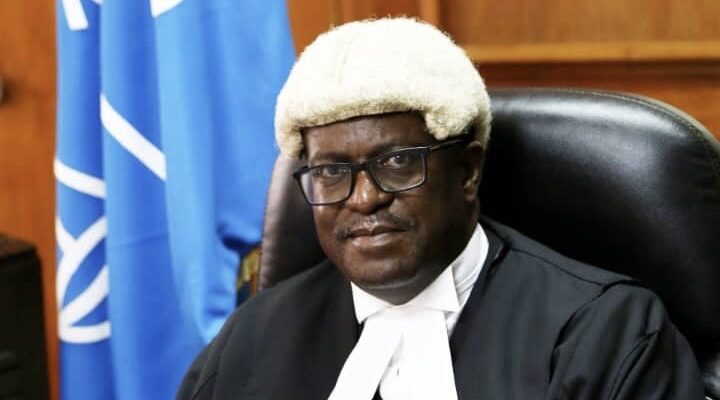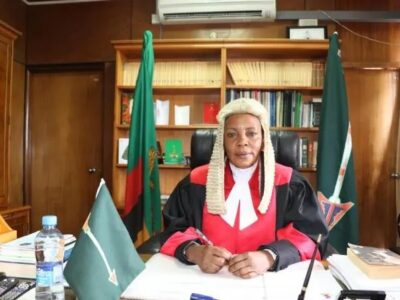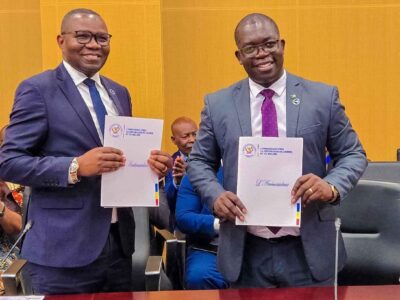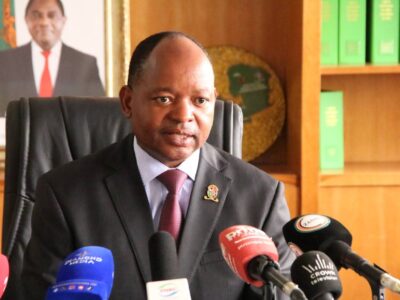Chief Justice Mumba Malila has criticised the Economic and Financial Crimes Court for failing to resolve cases within the legally mandated five-month period.
Justice Malila expressed his dissatisfaction, noting that the court’s performance in managing cases has not met expectations, despite some progress in certain instances.
He emphasized that as a fast-track court, it should be operating more efficiently.
In response to these delays, Justice Malila announced plans to convene a meeting with prosecutors, lawyers, and magistrates to identify the causes.
A recent review found that magistrates cited slow prosecution, unprepared sessions, and missing witnesses as primary reasons for the delays, while prosecutors also blamed magistrates for inefficiencies.
Justice Malila further emphasized that the judiciary’s role is not to secure convictions in corruption cases but to ensure fair trials.
He urged those responsible for prosecution to conduct thorough investigations to achieve the desired outcomes.
While acknowledging some progress in the fight against corruption, he insisted that further improvements were needed.
Deputy Chief Justice, Michael Musonda, added that the judiciary serves as an impartial umpire, stressing that prosecutors must present well-prepared cases with comprehensive evidence to secure just outcomes.
He clarified that the judiciary had no vested interest in the conviction of accused individuals, focusing solely on ensuring fair trials.
In addition to addressing case delays, Justice Malila introduced the Judiciary’s new Communication Strategy 2023-2027, aimed at enhancing public interaction and transparency.
The strategy seeks to improve access to information through accessible platforms and reinforce the institution’s integrity.
During the launch of Mediation Week, Justice Malila also criticized lawyers who obstruct mediation by adhering to adversarial legal practices. He called for a more cooperative approach to mediation.
Justice Abha Patel, Chairperson of the Advisory Committee on Court-Annexed Mediation and Delay Reduction, advocated for legislative reforms to support mediation, including the introduction of a Mediation Act and specialized rules to streamline the process.
WARNING! All rights reserved. This material, and other digital content on this website, may not be reproduced, published, broadcast, rewritten or redistributed in whole or in part without prior express permission from ZAMBIA MONITOR.












Comments